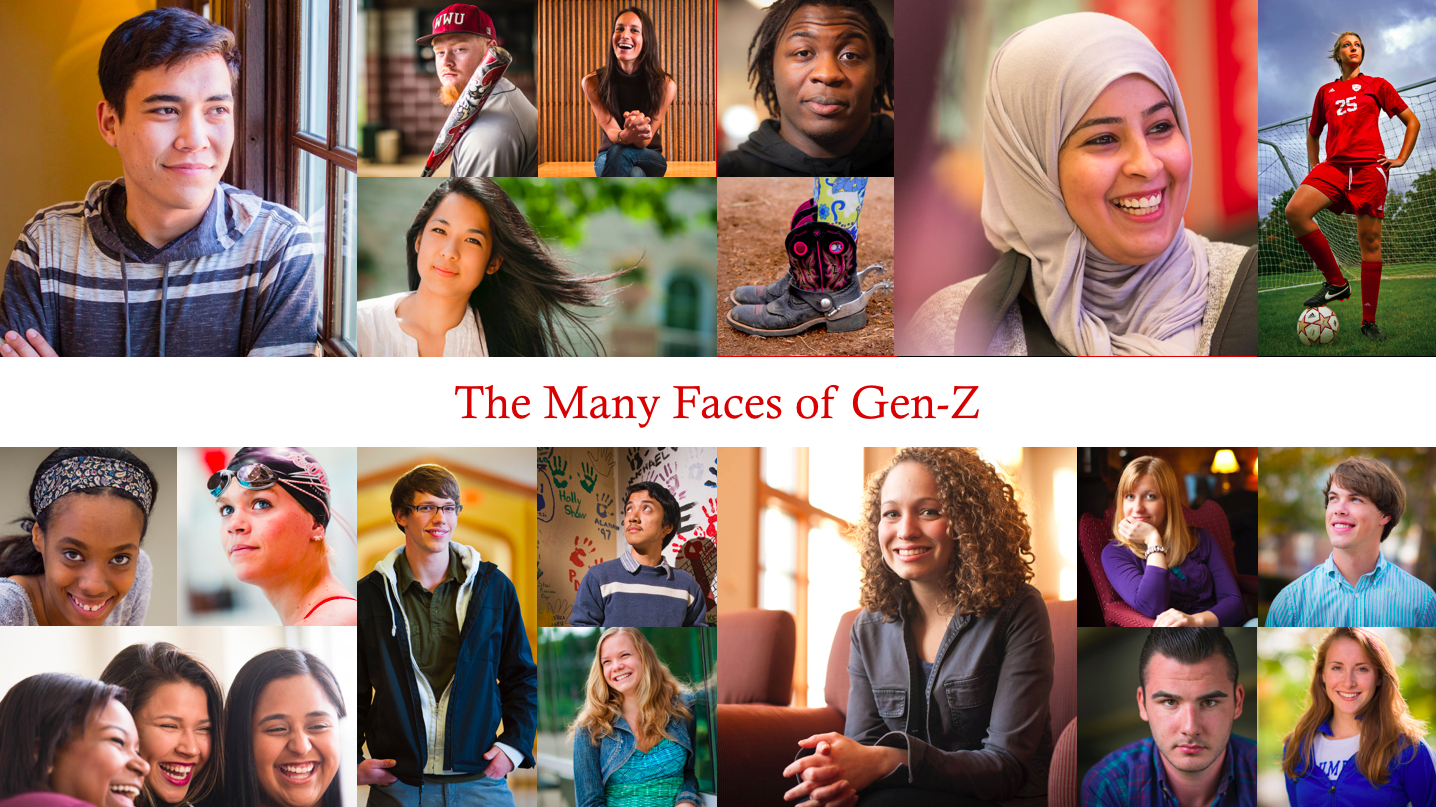| Apr 14, 2019
What my three teens and their friends have taught me about Gen-Z?
I have read dozens of reports on Gen-Z (born between 1996 and 2010) including those from Pew, HubSpot, SHRM, and other credible sources. But watching my own three teens and dozens of their friends has given me a nuanced understanding of Gen-Z. Here are my observations:
They are race-blind, faith-blind and gender-blind
As part of the most diverse generation in the U.S. history, they take diversity for granted. They accept, not just respect, others for who they are – irrespective of their race, religious beliefs, and their gender preferences.
They are digital natives
Born in the digital age, they live on YouTube, Snapchat, Instagram, Facebook, Tumblr and Google. The internet is an extension of their brain. They have an app for everything they do, or have an interest in. Memes are a part of their daily lives.
They are data literate and research driven
Rankings, ratings, scores, research studies are part and parcel of their daily lives and conversations. They don’t understand the nuances of data and the gamesmanship behind data creation, but they’ll learn that too in due time.
They are the “AND” generation that wants it all
To them double and triple majors are the norm. They’ll listen to all genres of music – rock, classical, jazz, electronic, electronic dance music (EDM) and more. They’ll pursue what they love, irrespective of whether it belongs to their own, their parents’ or their grandparents’ generation. They’ll learn multiple computer languages and digital tools.
They are self-directed
They have planners, schedulers, and alerts all worked into their daily lives.
They respect brands with values
They are keenly aware of what brands stand for – and they endorse brands whose values resonate with their own. They want to be a part of something greater than themselves.
They expect authentic, show-don’t-tell marketing
As my daughter once said, “I wish colleges would stop spamming me and only share stories of interesting things their students and faculty are doing. I’ll respect them more and then consider going there.”
They have a voice and want it to be heard
They speak their hearts and minds. They take protesting as a part of their moral duty. They want to make a difference locally, nationally and globally.
They are stressed
They feel the burdens and expectations of their families, society and global issues on their tender shoulders. They are worried about money and college loans. Perhaps that’s why they have a deeper need for humor (consumed on YouTube of course).
They are entrepreneurial
Perhaps because they are worried about money, they are dreaming of creating their own channels, apps, and startups.
A word of caution. These are generalizations that don’t apply to every Gen-Z person or every Gen-Z micro-community. Each sub-group and each individual’s behavior varies depending on their personal circumstances and the special communities they are part of. For instance, when we interviewed groups of elite private school kids, inner-city kids, first-generation in college kids, and hispanic kids, their characteristics, values and behaviors were quite distinctive and unique. Of course, life is far more complex than all the theories of life put together.
What have you observed about your teens and Gen-Z?

